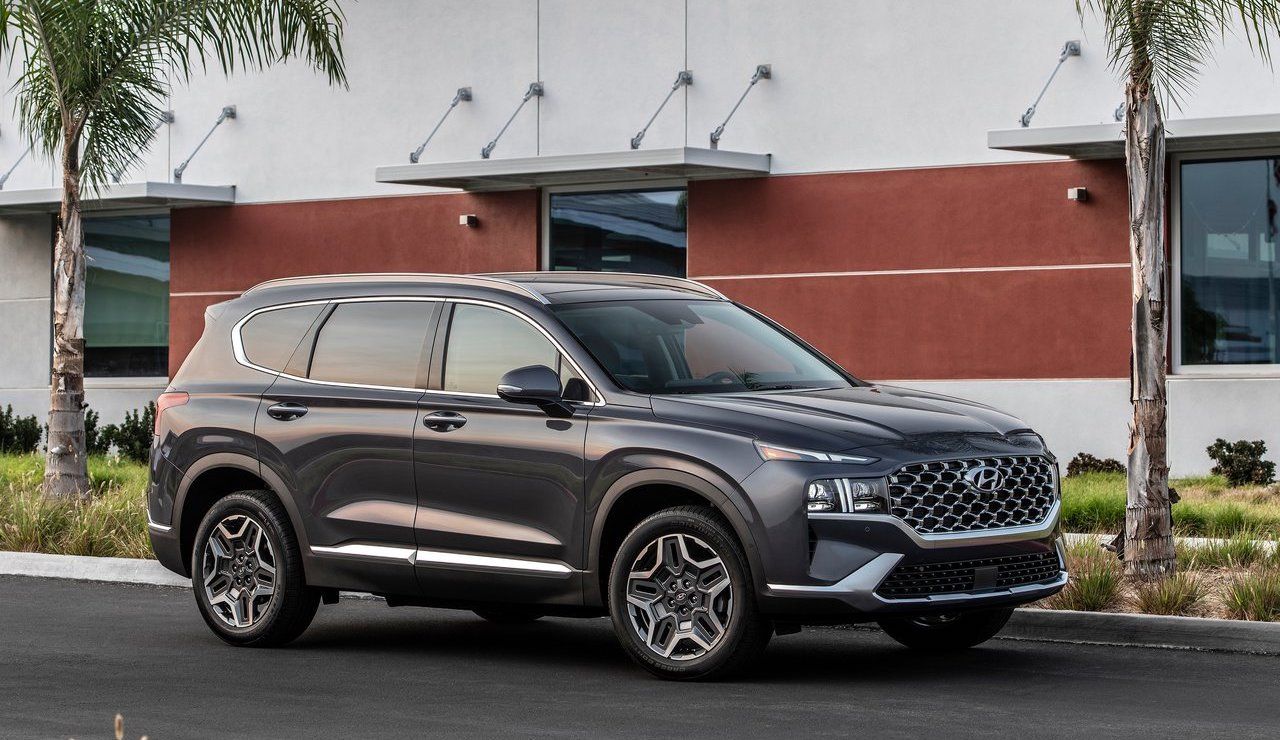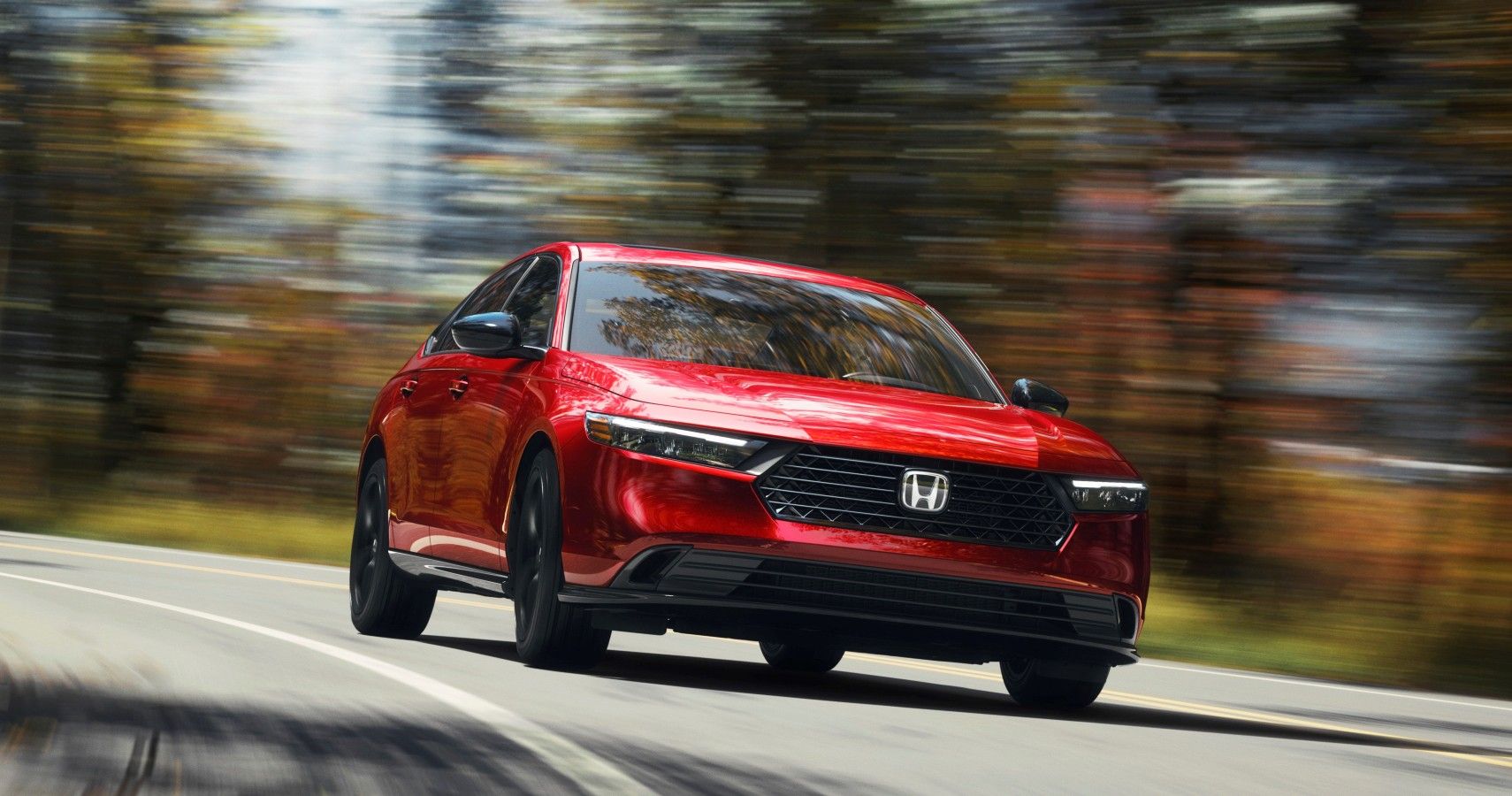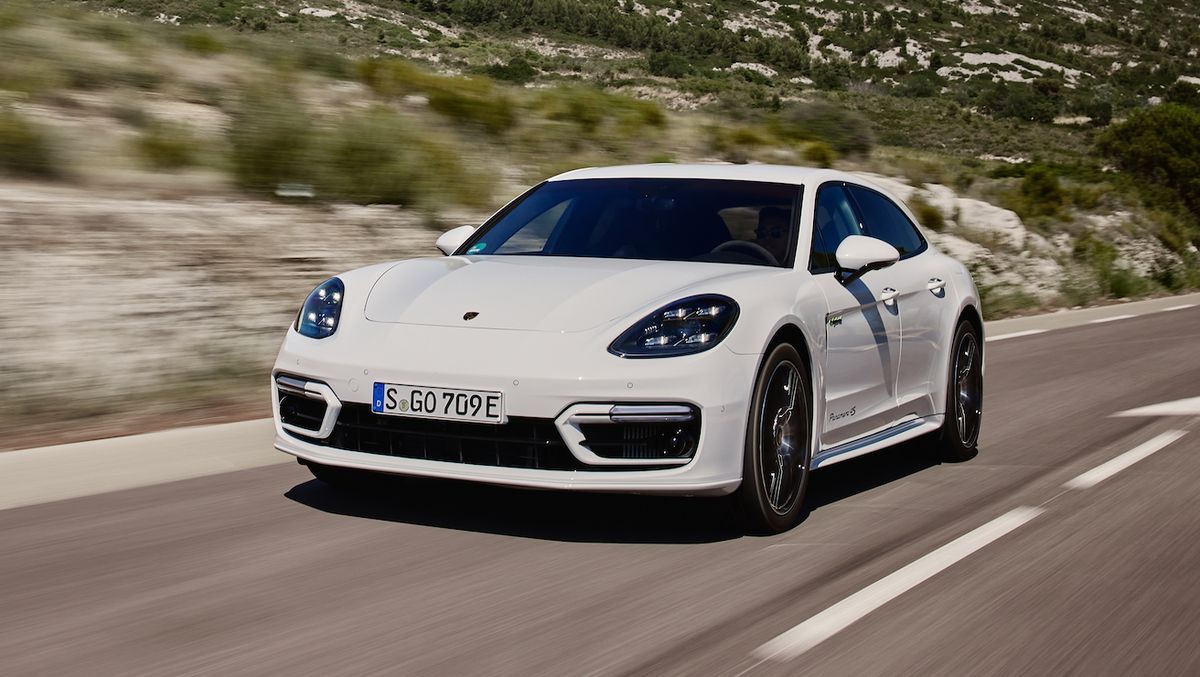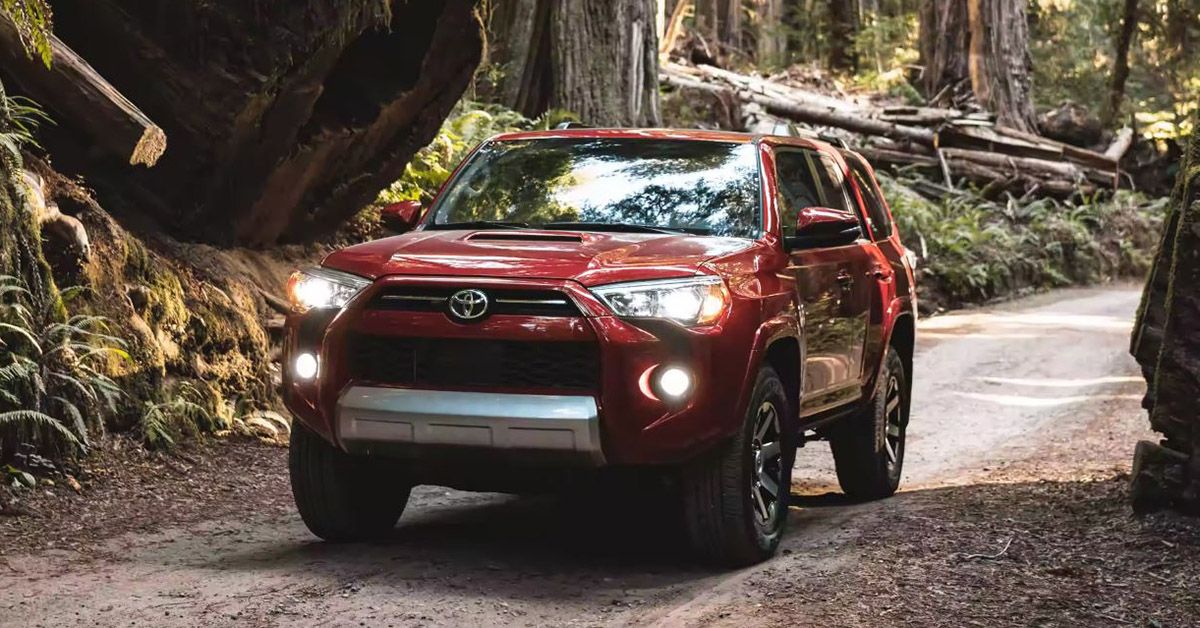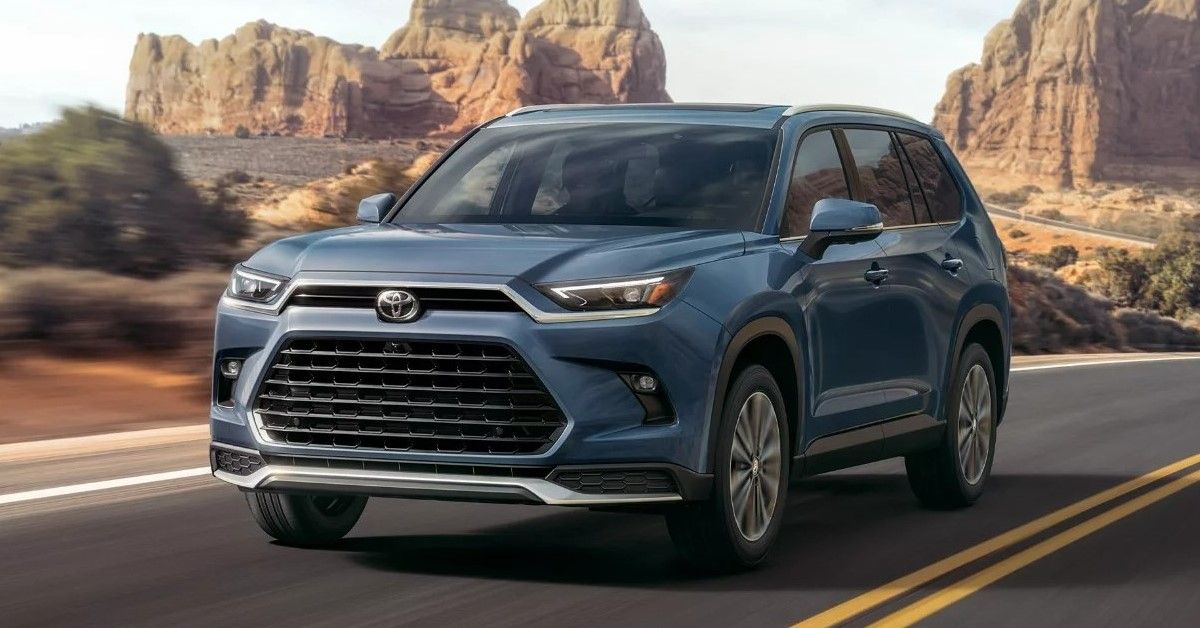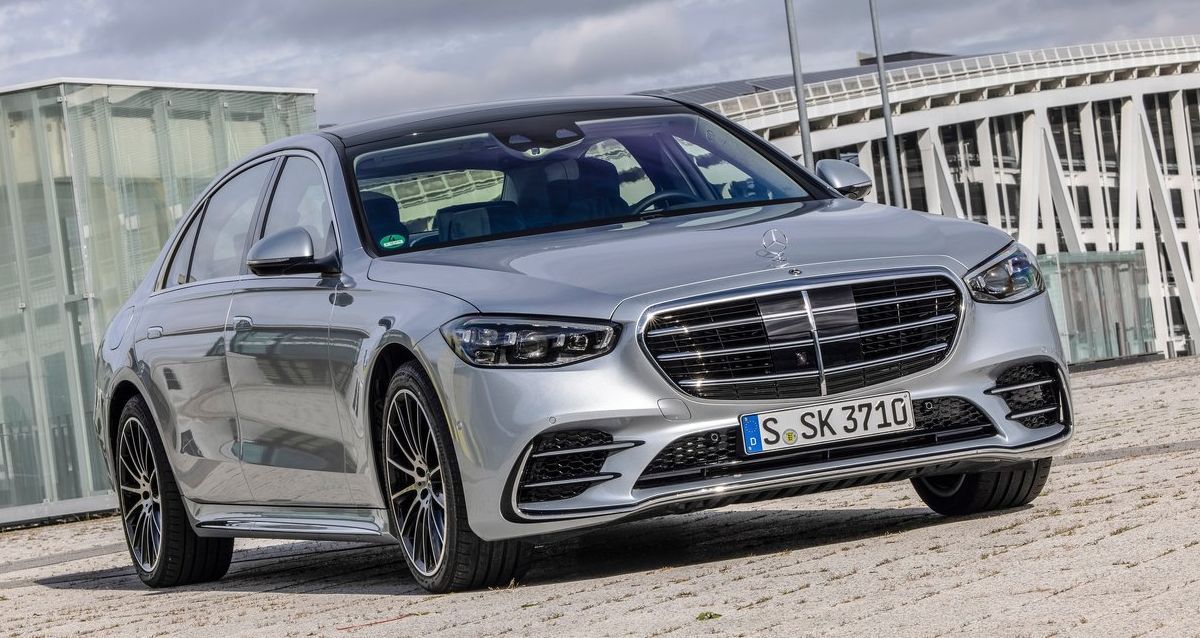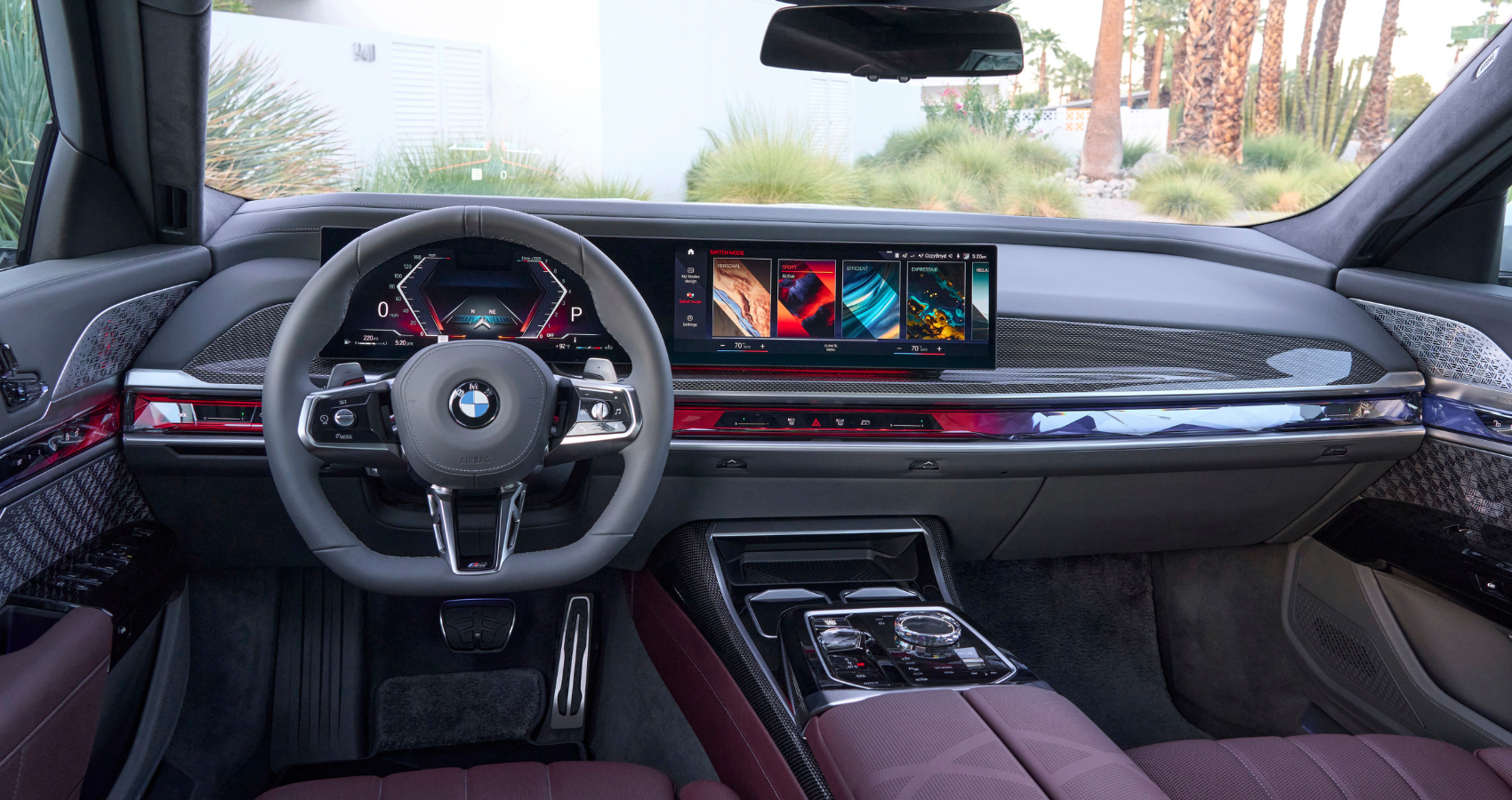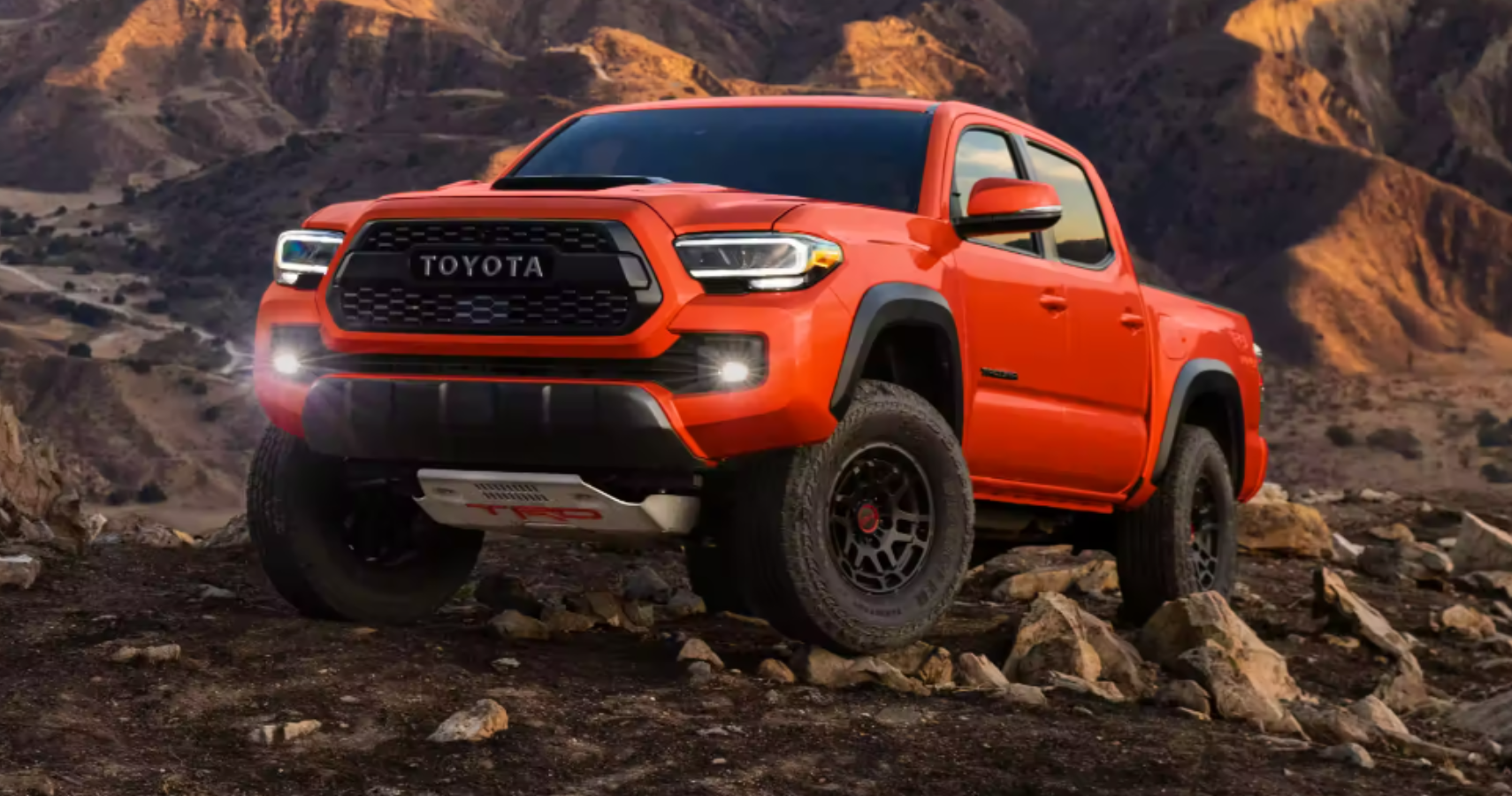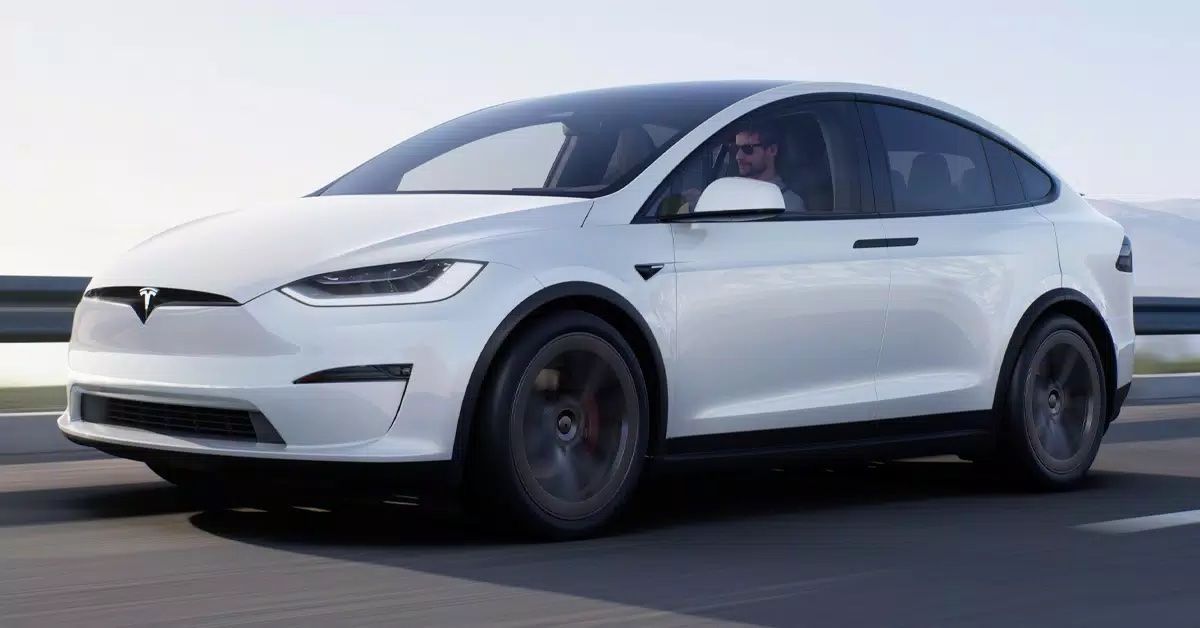Buying a new car can be an exciting experience, but it can also be overwhelming. With so many brands, models and features, it’s easy to get lost in the sea of options. To make the process a little less daunting, it’s essential to know what factors to consider before making a purchase.
These factors help you stay on track when shopping for a new car.
From budget and safety to performance and comfort, we’ll cover everything you need to know to make an informed decision and drive away with the vehicle of your dreams. So buckle up and get ready to hit the road with confidence!
10 Purpose
Whether or not you should buy a car depends on your circumstances and needs. However, in most cases, owning a car can make your life easier by giving you some comfort and convenience. Therefore, if you are buying a car for transportation only, you should consider a fuel-efficient option.
If you have a family, you will need a comfortable vehicle with two or three rows. Considering why you need a car can help you narrow down what you need. It ensures you don’t buy a car that doesn’t meet your needs.
9 Size matters
Size matters when buying a new car. There are different options to consider, from sports cars to hatchbacks to sedans and SUVs. All these vehicles are different sizes and have different purposes. If you want a car that’s easy to maneuver around town, most sports cars, hatchbacks, and sedans will do.
Some smaller SUVs can also serve this purpose. However, if you plan to fit your entire family in one vehicle, an SUV will be your best bet. Most offer a comfortable cabin, some with up to three rows of seats. You should also consider the size of your garage to easily identify the size that will fit.
8 budget
After evaluating the purpose and size of your next new car, you should check your budget. Having a budget determines how much you can afford to spend on your new vehicle. It also incorporates additional costs such as financing, maintenance and fuel.
Keeping all of this in mind helps you identify the types of cars you should be looking for. Also, if you plan to finance or lease the vehicle, check how much you can borrow and how much you will have to pay in interest.
7 Insurance costs
Insurance costs are often overlooked or forgotten by most people. Insurance costs are significant expenses that can affect your overall cost of ownership. While this can increase due to multiple factors, it helps give you peace of mind that you have protection against financial loss.
An auto insurance policy helps protect your new car against accidents or theft. Therefore, your insurance company pays for damages and covers medical expenses when you are at fault for an accident. While costs vary by car, just know that you can negotiate a better deal.
6 Resale value
A car’s resale value represents the amount you can get back after selling it in the future. Although it can vary from car to car, most reliable models tend to have a better resale value. In addition, some luxury vehicles also have a better resale value.
Even if you’re not buying a car as an investment, looking at the resale value can help ensure you never lose a lot of money after selling the vehicle. For example, a new Toyota 4Runner has a starting MSRP of $39,555. Because it has excellent resale value, you won’t lose much money when you sell it after a few months or miles of use.
5 Fuel economy
Fuel is a constant expense that needs to be taken into account when buying a car. Finding an economical vehicle can help minimize fuel expenses. The best options include hybrids, plug-in hybrids, and electric vehicles.
Most hybrids use motors and electric motors, giving you impressive fuel economy. If you opt for a hybrid or plug-in electric car, you should consider charging it at home, at work or at a charging station. This will also cost you money; therefore, looking for a vehicle with more range can help you save money.
4 Security features
Most modern vehicles have a set of safety features that they offer as standard or optional. Evaluating available safety features can help you determine which car to buy. For example, most vehicles will have airbags and anti-lock brakes as standard.
Some manufacturers could sweeten the deal by offering additional safety features such as lane keeping assist, blind spot monitoring, pedestrian detection, forward collision warning, brake assist and many more. Choosing a vehicle with the best safety features can help give you peace of mind when driving.
3 Characteristics of the technology
After making sure that the new car has all the essential safety features, you can check the available technology features. Some vehicles have immersive infotainment systems, while others offer the bare minimum.
A good choice should have a decent selection of connectivity and infotainment options. For example, if music is a crucial factor, you can check out the best audio systems. Also, you should look for modern connectivity features like Apple CarPlay, Android Auto, wireless charging, Wi-Fi hotspot, etc.
2 Reliability
Reliability is one of the most crucial factors to consider when buying a new car. One way to tell if a vehicle is reliable is by evaluating its predecessors. Toyota is a company that is synonymous with building reliable vehicles – vehicles that can last more than 500,000 miles with proper maintenance and repairs.
While you may not be looking for a 500,000-mile vehicle, you need peace of mind that your new car won’t leave you stranded on the road. You can use platforms like JD Power and Consumer Reports to check reliability. You should also look for reviews from owners on car forums.
1 Power plant options
With the world moving towards electrification, there are a few power plant options to choose from. You can choose a vehicle with an internal combustion engine, a hybrid, a plug-in hybrid or an EV. All of these options have benefits, but hybrids and electric vehicles are more future-proof.
If you’re looking for performance, ICE engine vehicles can be more fuel efficient than the other options. On the other hand, electric cars offer instant acceleration, giving you more smiles per mile. Choosing the ideal engine will depend on what you want: performance, efficiency, comfort, etc.



